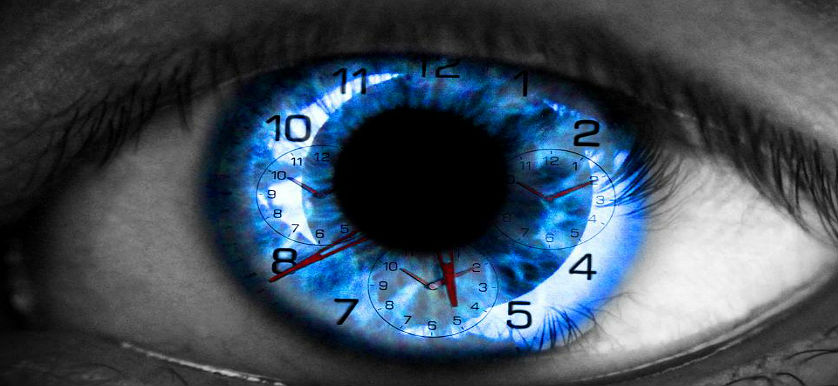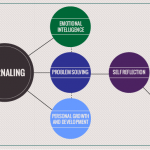How Sleep Deprivation affects your Mental Game

In the early 1930’s, Nathaniel Kleitman, one of the most significant figures in the field of sleep medicine, discovered a daily pattern in the speed and accuracy of cognitive performance. This discovery revealed, for the first time, the existing link between sleep and performance.
Kleitman proved that each person experiences a decrease in performance sometime in the early morning and again late at night even after a restful sleep. These are normal fluctuations that everyone experiences even when they are well-rested.
Apart from these fluctuations, when a person does not get enough sleep, whether for one night or for weeks or months on end, that person will not be able to function properly. Sleep deprivation has negative effects on people’s moods, their ability to focus, their physical and mental health, as well as on their cognitive function.
A person’s mental performance results from a combination of all these factors, so when these factors are affected, performance is affected as well.
It is imperative to get enough quality sleep at the right times, because through sleep people can protect their mental and physical health, as well as their quality of life and their safety.
Mental Performance
Sleep recharges your brain. While you are sleeping the brain prepares for a new day, by forming new pathways to help you learn and remember new things.
Studies show that a good night’s sleep improves learning. Concentration, memory, mathematical capacity, and logical reasoning are all aspects of cognitive function that can be strengthened through sleep.
Researchers have also discovered that after a period of sleep deprivation, a person’s brain activity changes. These changes include a lower level of alertness and a tendency to sleep. What is more, someone who has not slept enough might find it difficult to make decisions, solve problems, control his/her behavior and deal with change.
Emotional and Psychological Well-Being
The unseen effects of sleep deprivation can be extremely harmful and dangerous, and they can affect both the person suffering from sleeplessness, as well as those surrounding that person.
As mentioned above, sleep deficiency can alter a person’s behavior and emotions. That is why, it has often been linked to depression, suicide, and risk-taking behavior.
Among the most dramatic psychological effects of sleeplessness we can find: paranoia, hallucinations, mania, and memory loss, all of which have dire consequences.
Unfortunately, these are not the only effects of poor sleep. Relationships can be strongly affected by this invisible enemy. The moodiness and lack of focus associated with a sleep deficit can put a big strain on social relationships.
People become irritable as a result of poor sleep, they have acute feelings of stress, anxiety and frustration. What is more, they don’t feel motivated at all and they lose their optimism about the future.
All these symptoms are proof of the strong relationship that exists between poor sleep and poor mental health.
Physical Health
Sleep plays a significant role in your physical health. Poor sleep is always accompanied by a feeling of lethargy, and some people might even experience other adverse physical symptoms, such as heartburn and palpitations.
The immune system strongly relies on sleep to stay healthy. Ongoing sleep deficiency can change the way in which the immune system responds. According to a study, people who sleep less than seven hours/night are nearly three times more likely to develop a cold.
Unfortunately, apart from these short-term effects of sleep deprivation, there are also a number of potential long-term effects that can completely change a person’s life. A chronic lack of sleep can lead to serious medical conditions such as obesity, heart disease, kidney disease, high blood pressure, diabetes, and stroke.
Thus, remember – getting enough quality sleep at the right times helps you function well throughout the day, improves your emotional, mental and physical health, giving you the chance to achieve higher levels of performance.
Image source:

Tags: Personal performance, Quality





